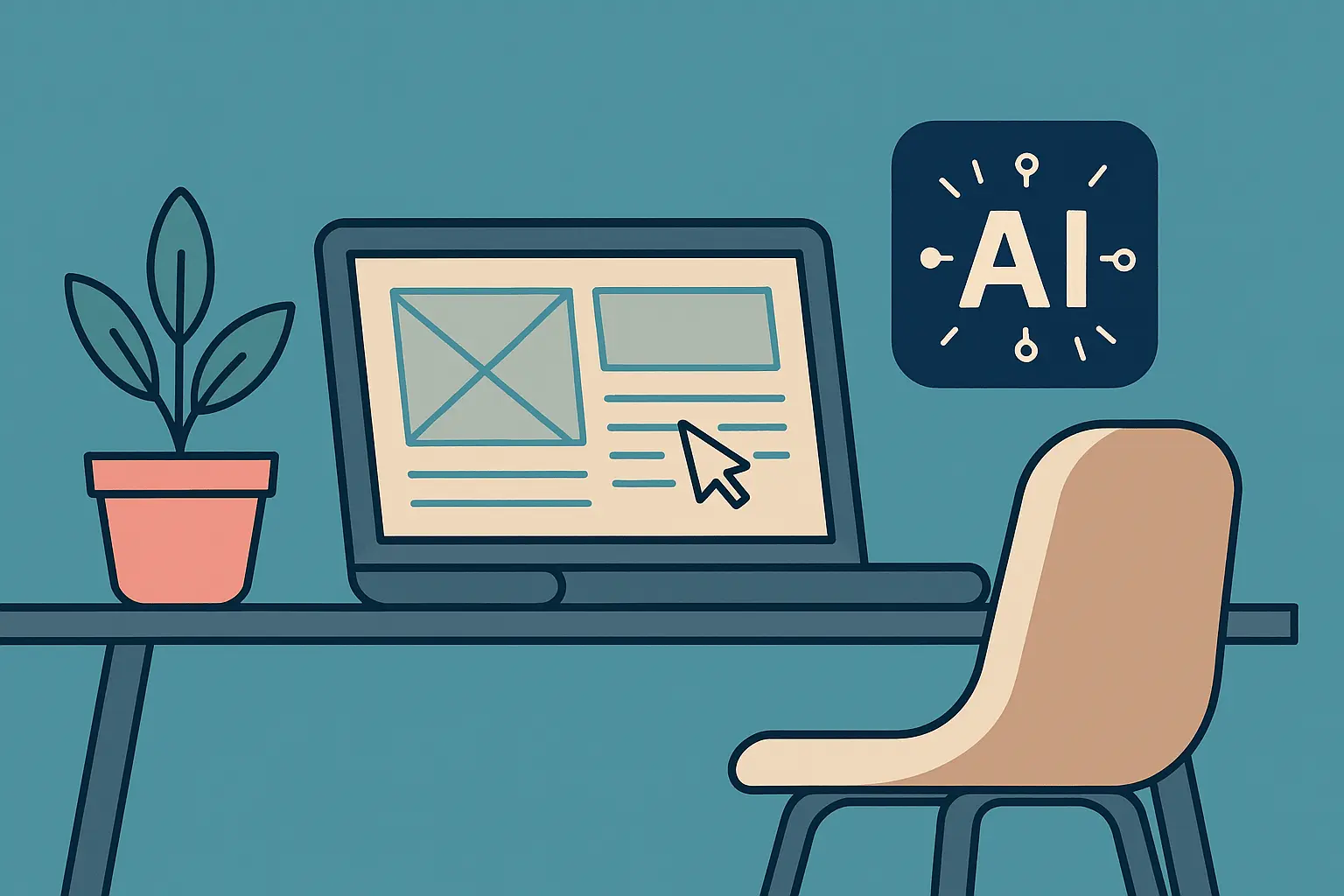Adobe has dominated the world of creative software for decades. Since Illustrator’s debut in 1988, it has built a rich legacy of features, and now sits as one package within the Adobe Creative Cloud (or Creative Suite, as it used to be known). Adobe’s dominance has been such that it became impossible to work as a designer without using something from Creative Suite.
Until, that is, Sketch launched exactly six years ago. It has since become established as a viable — some would say desirable — alternative to Illustrator. Read on to find out how these apps compare, and how you can get started with them, especially if you’re new to design.
Pixels vs Vectors
Before we get into the details, just a quick word about how Illustrator and Sketch work. They are both programs called vector-based graphics editors. In a normal image editor like Photoshop, GIMP, or even Microsoft Paint, when you draw a shape (let’s say a circle), what gets saved is just a lot of pixel data, which merely *looks* like a circle from a distance:
![]()
But in vector-based packages like Illustrator and Sketch, what gets saved is some mathematical cleverness that plots the shape itself. In practice, this means that you can keep zooming in to a vector forever and you will never see any degradation in image quality. Designers and illustrators usually prefer to work with vectors, because they can always be converted to pixels… it’s much harder to go the other way.
![]()
How do Illustrator and Sketch compare?
So how do you know which app is right for you? There’s no perfect program, but there might be a perfect program for the project you’re working on. Illustrator has an abundance of features that might benefit an advanced artworker, while Sketch is fast and intuitive, making it attractive to UX designers mocking up interfaces. Here’s an overview of how the two compare:
Maturity and Integration: Illustrator wins
Because Illustrator’s been around for nearly thirty years, it’s built to work with InDesign, Photoshop, and other Adobe programs. Switching back and forth between them can feel seamless. Sketch is a standalone product and it doesn’t offer any photo-editing features. If integration is crucial to your work, Illustrator is the app for you.
Plugins: Sketch wins
Both Illustrator and Sketch use plugins to help minimize repetitive design tasks, but it’s easier to integrate CSS (web page formatting) with Sketch’s plugins. While they’re typically used by more advanced designers, there’s no reason why you can’t start experimenting with plugins right away!

Here's a screenshot of Sketch's user interface (Source: sketchapp.com)
Terminology: it's a tie!
Illustrator and Sketch share a lot of terms, like “layers” and “paths”, and many of the differences are easy to understand (e.g. “pages” in Sketch are “artboards” in Illustrator). If you’re already familiar with Illustrator, the transition to Sketch will be easy. If you’re new to both programs, the learning curve will be similar whichever you choose.
Importing and exporting: Sketch wins
Sketch wins when it comes to ease of exporting. You can drag any element from Sketch straight to a folder, browser, or the Desktop. Illustrator probably still has the edge when it comes to working with multiple file types, although Sketch supports SVG, PDF, and EPS, and allows you to open Illustrator and PSD files as flattened layers.
Program layout: Sketch wins
In Sketch, you can use one canvas for your entire project. By contrast, in Illustrator it’s easy to find yourself with lots of different files for a single project, especially if you’re doing web design. Sketch keeps everything together, and also auto-saves multiple versions of the same file, so you can turn back time if you need to.

This is the user interface in Adobe Illustrator CC (source: adobe.com)
Mac vs PC: Illustrator wins
Currently, Sketch is only available for Mac OS X, while Adobe Creative Cloud is available for both PC and Mac.
Which should you choose?
If you’re new to design, now is the perfect time to experiment with these two packages. Both Sketch and Illustrator offer free trials, as well as free video tutorials. When it comes to making a purchase, Adobe offers a subscription to Creative Cloud starting at $19.99 a month, while a Sketch license is $99 (though if you want to keep receiving updates after the first year, you'll need to renew). Designlab students can also get a Sketch license for half price!
If you’re still on the fence, make your decision based on the type of work you do every day. Sketch might not be powerful enough to replace Illustrator if you’re an artworker whose focus is on complex drawing, illustration, or logo design. But if you’re a UX/UI designer, Sketch offers an intuitive front-end that could enable you to rapidly and inexpensively mock up interface designs for export.
Now that you’ve chosen your tools, it’s time to design! Designlab offers a range of design courses that will help you familiarize yourself with whatever software you choose.



.svg)










.jpg)



